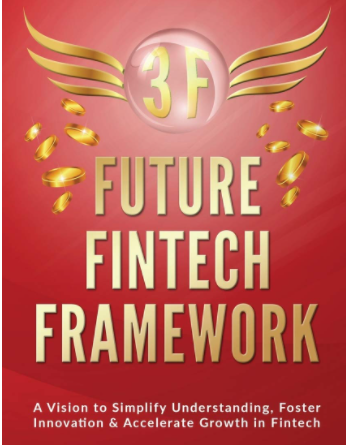Category: Technology in Banking
ONDC: Potential Impact on the Digital Marketplace
Open Network for Digital Commerce (ONDC) is a new initiative in India aiming to transform the digital marketplace by creating an open network for buye [...]
India’s FinTech Lending Revolution: A 2023 Review and What Lies Ahead in 2024
In summary, 2023 was a transformative year for India's FinTech lending sector, marked by regulatory shifts, technological advancements, and a signific [...]
Crypto Revolution: Transforming India’s Financing Landscape for SMEs and Startups
Despite India ranking third globally in unicorn valuations, the startup ecosystem faces challenges in securing sufficient funding for growth. Traditio [...]
Super-Apps and Fintech
For an App to be a Super App, one needs a sizable community of users who frequently visit and use the app. This can then be leveraged to create an eco [...]
Reinventing BNPL
As BNPL business grows, it is also facing some challenges. It is important for players to make it as frictionless and wedded to the customer’s journey [...]
Banks & FinTechs: Switching the default experience
Moving from competition to collaboration; we are now living in a world, where the Banks-FinTech relationship is not only surviving, but also thriving [...]
The Pandemic – Supply Chain disruptions and lessons for SCF practitioners
Pandemic has disrupted the Supply Chains. This brings both challenges and opportunities for industry as well as Supply Chain Finance practitioners inc [...]

3F: Future Fintech Framework (Book overview)
The evolution of Fintech has happened because of various developments in technology, ecosystem and regulations . But this is not without pitfalls and [...]

Digital Customer Engagement– Trends & Practices in Banks
Digital or remote Customer Engagement is the way forward. To remain step ahead, banks need to have a better view of digital customer experience and un [...]
The Case of Central Bank Digital Currency
There is a good case for Central Bank Digital Currency (CBDC) in today’s world, but at the same time we cannot brush aside concerns on architecture, i [...]